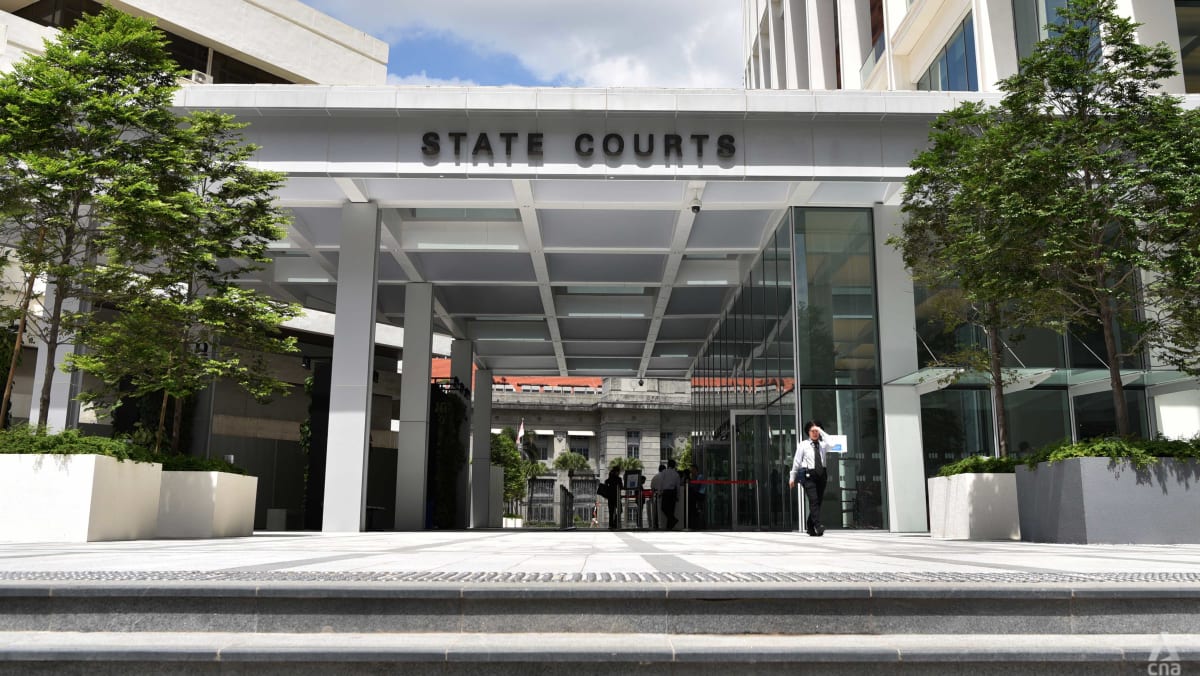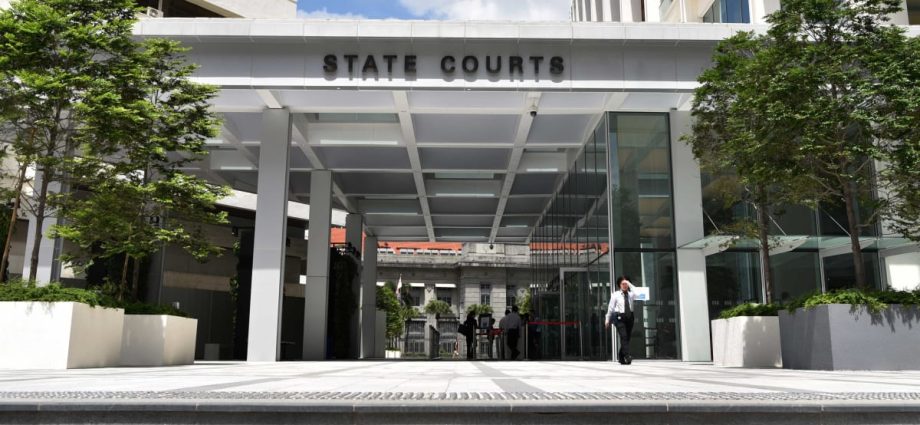
SINGAPORE: After leaving his job with shipyard Keppel FELS, a man continued to work with his ex-colleague to refer contractors to the shipyard – for a fee.
Rajavikraman Jayapandian, 49, received about S$191,116 (US$142,500) from the corrupt arrangement.
He was sentenced to jail for three years and seven months on Wednesday (Jan 31).
He was also ordered to pay a penalty that was equivalent to the amount he earned from the scheme. If he cannot pay the sum, he will have to serve another six months’ jail in default.
Rajavikraman pleaded guilty to 13 charges under the Prevention of Corruption Act, with another 33 charges considered in sentencing.
The court heard that Rajavikraman worked as an assistant shipyard manager at Keppel FELS shipyard, overseeing a team of eight managers and 100 staff members.
After working there for 13 years, he left the company around 2013.
He later joined Rotating Offshore Solutions, which builds and designs generators and compressors, as a project director, earning a monthly salary of S$25,000.
Rajavikraman knew co-accused Alvin Lim Wee Lun, 44, a yard manager in the facilities department. Lim was in charge of engaging external contractors for jobs his team could not do.
He also recommended and decided on the contractors who could provide quotations to Keppel FELS, as well as who eventually got the job.
THE CORRUPT SCHEME
In late-2014, Rajavikraman approached the director of Megamarine Services Goh Ngak Eng. Rajavikraman said he could refer jobs from Keppel FELS to Goh, and that he could obtain information on when an end user at Keppel FELS needed to purchase equipment.
Rajavikraman also said he was on good terms with someone working in Keppel FELS known as Alvin – referring to Lim – who was in a position to recommend and decide who won contracts with Keppel FELS.
Rajavikraman said Lim wanted 15 per cent of the invoice value of the contract before Goods and Services Tax (GST) in return for awarding the jobs, so the invoices submitted by vendors would have to be marked up.
Goh was initially hesitant because he was unsure if the proposed arrangement was legal. But after Rajavikraman’s assurances, and because Rajavikraman said he needed the money, Goh agreed and went to look for vendors.
To receive the marked-up amounts, Goh would arrange for fictitious invoices to be sent. He would receive the inflated price and hand payments to Rajavikraman and Lim in cash.
Goh referred U Keh Choon, director of Titan Offshore Equipment, for a job supplying capstans to Keppel FELS.
Titan was eventually awarded jobs over two years from 2015, with Keppel FELS engaging Titan for purchases and services with a total gross contractual value of at least S$600,000.
U made seven tranches of commission payments totalling S$196,661.
Other company directors who took up the corrupt offer of jobs if they paid commissions include a director of Spectrama Marine & Industrial Supplies and a managing director of hoist and crane company Growa.
In total, Rajavikraman received S$191,116 from Goh for the jobs. He spent all the cash on entertaining his friends and former clients, as well as his daily expenses.
SENTENCING
Goh was sentenced to 17 months and three weeks’ jail. He appealed, saying his sentence was excessive, but the court increased his sentence instead to 37 months and three weeks.
His appeal in the High Court introduced the framework for private-sector corruption offences.
Deputy Public Prosecutors David Menon and Janice See sought between 48 months and 54 months’ jail for Rajavikraman, as well as a penalty to disgorge the amount he earned.
Rajavikraman’s defence lawyers Mr Adrian Wee, Ms Lynette Chang and Mr Matthew Low from Lighthouse Law argued that Goh was equally – if not more – culpable than their client.
They said that while the court had found that Rajavikraman was the one who proposed the corrupt arrangement, it could not have taken place without Goh’s arrangements.
The directors and their companies were “recruited and corrupted by Goh”, said Mr Wee.
Goh also got help to prepare fictitious invoices in an attempt to avoid detection, something that Rajavikraman was not involved in, the defence said.
Rajavikraman differed from his co-accused in that he had a Newton hearing – a hearing where a court hears arguments from both sides to settle a disputed issue.
In this case, he disputed things like who initiated the scheme and whether Goh and Rajavikraman had agreed to split certain amounts equally.
At the end of the Newton hearing, the court ruled that Rajavikraman had initiated the corrupt arrangement and that the amounts were split equally.
The defence acknowledged that Rajavikraman was unsuccessful in his Newton hearing, but said his plea of guilt should still be given credit.
Lim’s case is pending.

